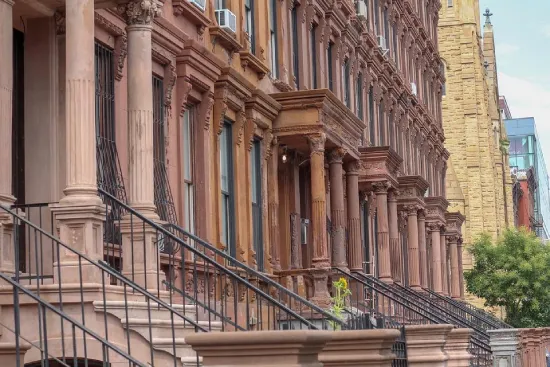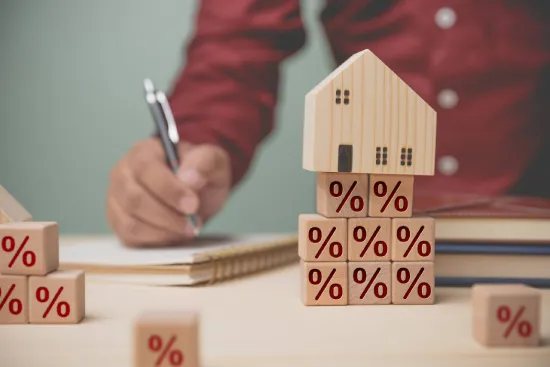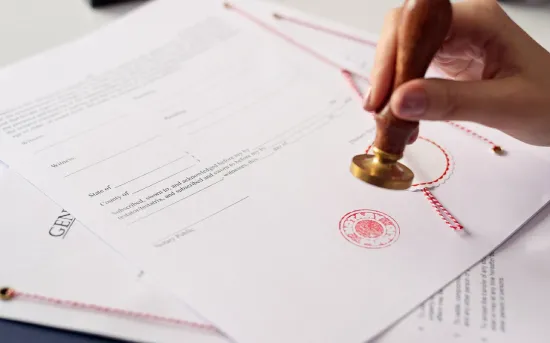Whether you rent or own your home in NYC, there comes a time when you have to upsize or downsize your residential space. One of the most common reasons to upsize is to accommodate a growing family, though you may also decide to upsize when you can afford a larger place. In contrast, downsizing is typically financially driven, whether you do it voluntarily or are forced to do it by your financial condition.
Downsizing Strategies in NYC
Downsizing in NYC differs for people who are renting and individuals who own their homes, regardless of whether or not their mortgage has been paid off.
Downsizing When You Rent
For renters, downsizing is a practical decision when rent affordability becomes an issue. It may happen if your income is lowered for any reason and your other expenses, including the rent, stay the same. It may require you to break the lease early or look into options like subletting to make the place more affordable.
Rent affordability may also become an issue if your lease is up and your landlord has shared plans to increase the rent beyond what you can afford, so you can’t renew. In this case, you can downsize and move to a smaller apartment for rent that you can actually afford. If you are prepared to downsize, you may be able to live in the same neighborhood and retain benefits related to the location while paying the same rent. You may even be able to live in the same building. Rents can vary drastically within the same building, and you can virtually halve your monthly rent by moving from a 2-bedroom apartment to a studio in the same building. However, this is contingent on the available rental listings.
Downsizing When You Own Your Home
You can choose to downsize even if you are still paying your mortgage. The situation will be influenced by factors like how much you have paid toward your home and how much value it has gained since you purchased it. Since most mortgages are front-loaded, which means that in the early years, you would pay more towards the interest you owe to the bank rather than the principal amount that builds you equity, downsizing within a few years of buying may not be as profitable as it would be, if you have almost paid off your home.
However, there are other factors to consider, like the interest rate. If the interest rates have fallen since you took out your earlier mortgage, you can either seek to refinance or augment refinancing with downsizing. This way, you would be lowering your monthly mortgage payments by controlling two variables. You can also opt for a shorter amortization term (15 years fixed instead of 30 years).
If the interest rates have risen significantly enough since you bought the house, the situation might be tricky. If you are locked in a 30-year fixed rate, and you started your mortgage when the interest rates were low, it might be smarter to wait instead of downsizing. Because even if you buy a smaller place (downsize), the higher interest rates might push the monthly payments close to what you have already been paying. The only major difference would be the equity you will take out from the sale, which you can apply towards a hefty down payment to lower your monthly income, but that’s dependent upon how much you have already paid towards your mortgage and may differ from one person to another.
Downsizing when you have paid your mortgage (or if you bought the property with cash) makes sense when you want to take advantage of your asset. Let’s say you have a million-dollar condo in Manhattan that is quite large for you (or your family). Your monthlies will be proportionally large, driving up the cost of ownership. You can downsize and buy a smaller, comfortable apartment in Brooklyn for $600,000. Your monthly payment would go down, and you will have a substantial sum of $400,000 on your hands. You can invest it in real estate by buying a rental property to generate a steady income flow to augment your income, which can make you more financially comfortable. Downsizing like this can also help you lower travel expenses and save time if you are moving closer to your work.
The key is to get a clearer idea of your priorities. Downsizing can be a powerful financial move if you plan it by taking every major factor into consideration. But it can turn disastrous without proper planning.
Downsizing Best Practices
- Determine how much of your lifestyle is connected to the size and location of your apartment because downsizing will impact both. If a larger home is a priority for you compared to a good location, downsizing may not be the right way to go. You can lower your monthly rent or expenses by simply relocating to a more affordable neighborhood and property.
- Learn to let go of thingsbecause when you are downsizing, you may need to get rid of some of your stuff; otherwise, you will end up cluttering your new place. Long-term storage rental might not be a financially viable option as it would cut into the financial benefit you may gain by downsizing.
- Don’t cling to your old decor or furniture when you downsize. Trading in a King size bed for a smaller alternative may be comfortable and will help your new place look more spacious. Try looking at downsizing and moving to a smaller apartment as a new opportunity and redesigning your living spaces in a new way.
- Be smarter while leveraging the financial benefits of downsizing. Unless you were forced into it by a restrictive financial condition, downsizing might result in significant cost savings, a large sum (if you sell your home), or both. It may allow you to save more or adopt a more fulfilling lifestyle.
- Deciding what to take and what not to take to your new, smaller home can be difficult, but it will become even more challenging if you wait till the last minute to decide. Once you have decided to downsize and have an idea about how much smaller the new place will be compared to your current home, you should start identifying what you will take with you and what you have to get rid of.














